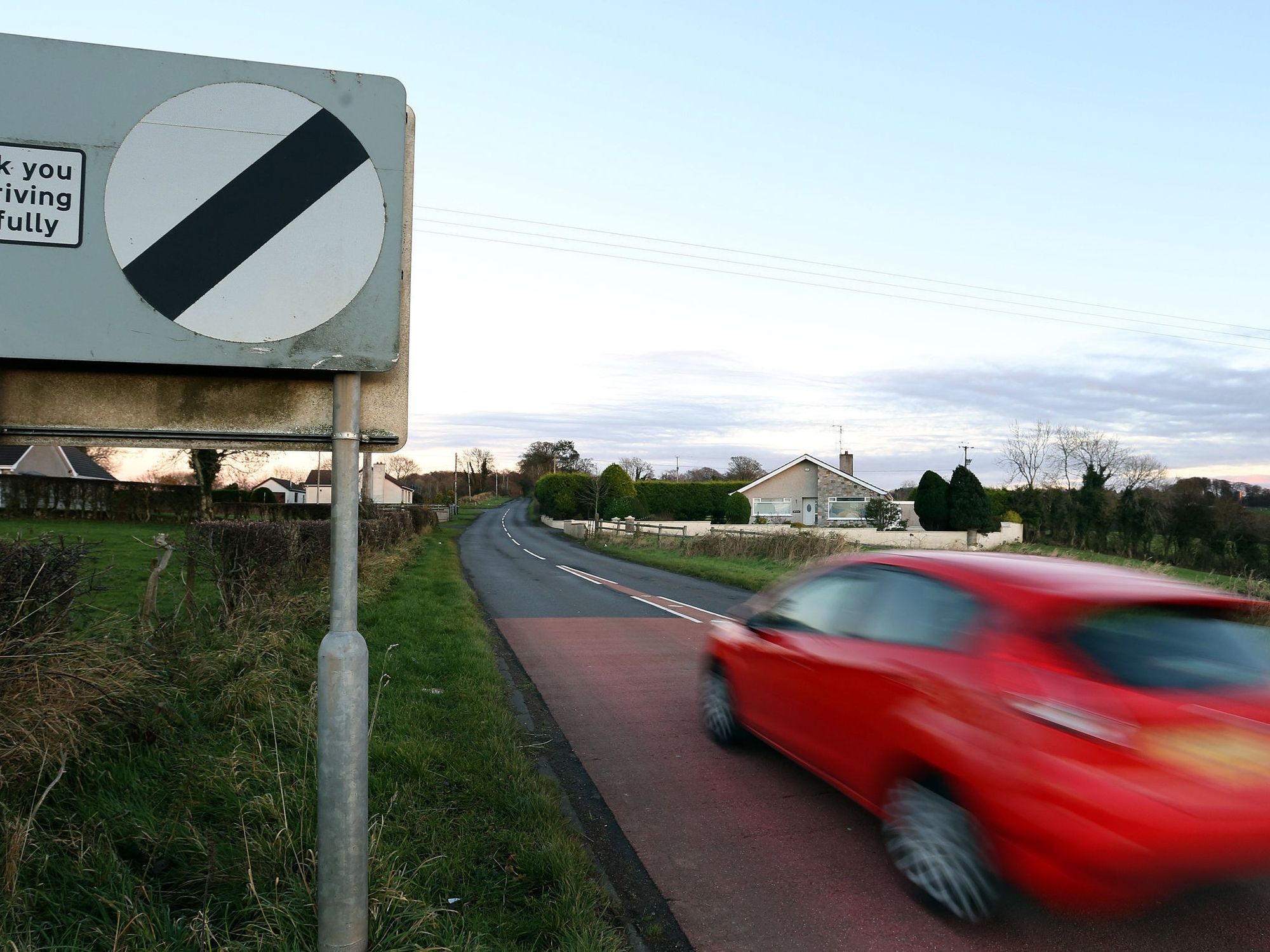Millions of drivers 'left stranded' as they could lose 30% of their compensation from car finance scandal

WATCH: Millions of drivers could receive compensation from car finance scandal
|GB NEWS

The FCA is expected to launch its car finance consultation in October
Don't Miss
Most Read
A consumer rights organisation is calling on the UK's financial regulator to revise guidance on the potential for millions of people to receive compensation as part of the car finance scandal.
The Financial Conduct Authority is being urged to take action as research shows that millions of motorists have already engaged legal representation for motor finance claims.
Consumer Voice argues that the regulator's current advice against using law firms or claims management companies fails to address the reality facing consumers who have already signed agreements with legal representatives.
**ARE YOU READING THIS ON OUR APP? DOWNLOAD NOW FOR THE BEST GB NEWS EXPERIENCE**
Fresh data shows that six legal firms have collectively signed up approximately 3.8 million consumers, handling close to 7.8 million claims in total.

Millions of drivers could be impacted by the car finance scandal
| GETTYFive additional major firms refused to disclose their client numbers, suggesting the actual figure of consumers with legal representation significantly exceeds the reported numbers.
The Supreme Court's recent ruling has prompted the FCA to announce plans for an October consultation on a comprehensive motor finance compensation scheme.
The regulator continues to emphasise that consumers can pursue claims without professional assistance, warning that legal fees could reduce compensation by as much as 30 per cent.
Current FCA guidance indicates that consumers who have already engaged legal representation may terminate their agreements.
READ MORE: Car finance scandal prompts serious action as drivers warned of £16,000 compensation payment

The Supreme Court announced its car finance verdict at the start of August
| PAHowever, termination fees may apply based on work already completed by the firm or claims management company.
Consumer Voice highlights that legal firms became involved after the FCA prohibited discretionary commission arrangements in 2021.
This was where dealers earned higher commissions for selling loans with elevated interest rates, yet failed to establish a compensation mechanism for affected consumers.
The group criticises the regulator's "blunt message" against legal representation, arguing it fails to acknowledge whether the proposed redress scheme will prove more beneficial than professional legal assistance.
LATEST DEVELOPMENTS:
Consumer Voice recommends that individuals who have already secured legal representation should await further details about the compensation scheme before making any decisions.
It urged the FCA to provide updated guidance immediately to prevent confusion amongst affected consumers.
Nikki Stopford, co-founder of Consumer Voice, said: "Millions of people did what they thought was right by getting legal help when realistically no other route to justice existed.
"Now they have been left stranded on the hard shoulder, unsure whether to keep going with their lawyer or switch lanes to the regulator's scheme. It's a dangerous pile-up in the making."

Lord Reed delivered the Supreme Court's car finance verdict earlier this month
| SUPREME COURT"The FCA has told consumers they don't need representation. But the regulator must also face reality: millions have already taken steps to assert their rights and deserve clear, tailored guidance."
Stopford warned that inadequate guidance could leave consumers "confused, anxious, and vulnerable to poor decisions", especially given uncertainty about the effectiveness of the proposed redress scheme.
The FCA also issued a warning for drivers about car finance scam calls which have become more common since the Supreme Court handed down its ruling at the start of the year.
It warned that fraudsters could ask people for personal information including their name, address, date of birth and bank details.










